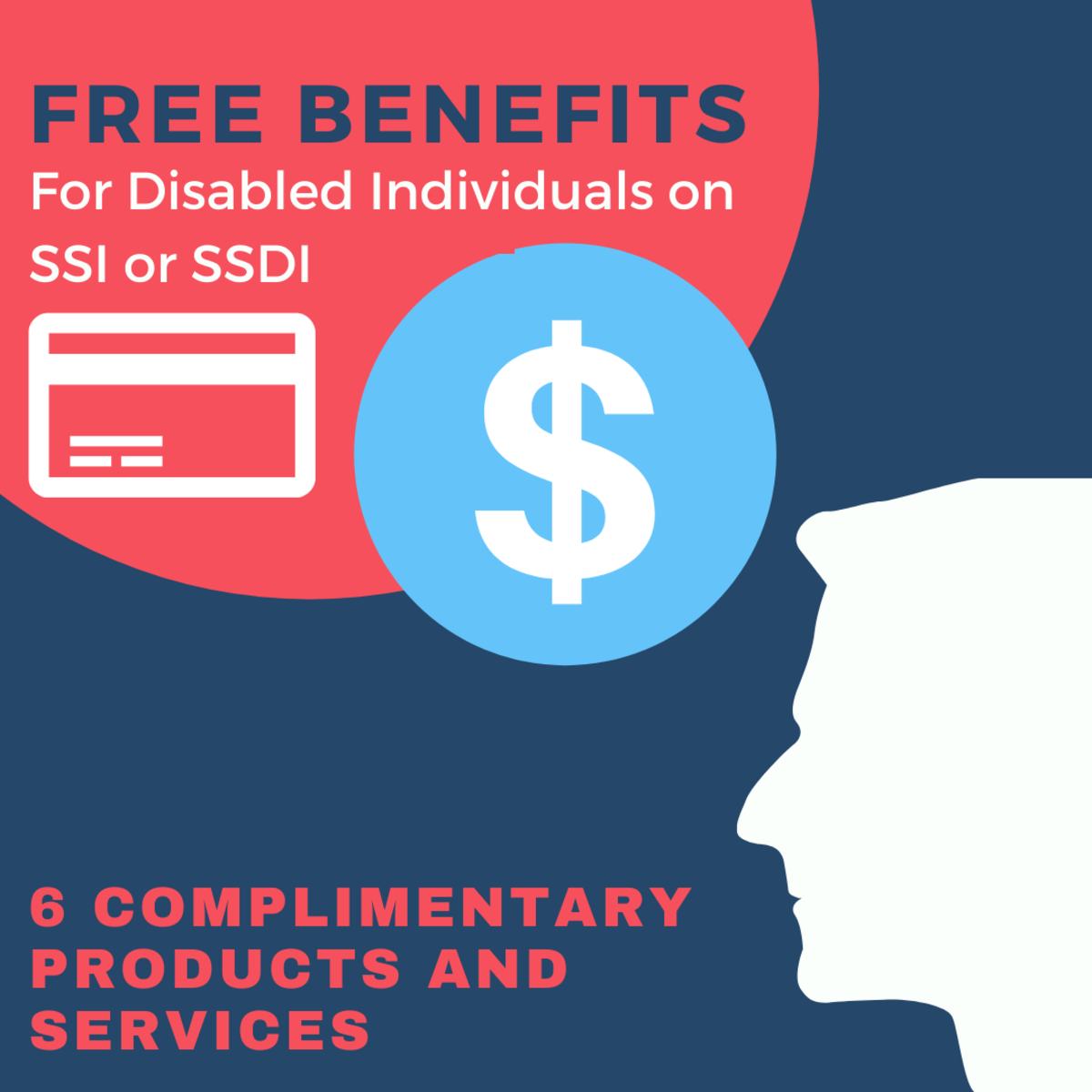What Is A Health Savings Account HSA
What Is A HSA?
Health Care Savings Accounts, or HSAs, are recent development in the health insurance reform movement. Unlike current health care reform efforts in Congress, HSA accounts are already in place and can be used by taxpayers now to increase tax deductions, save money on health insurance, and provide a health insurance option for small business owners.
An HSA works very much like a 401(k) account, or an IRA account. Money deposited into the HSA is tax deductible in most cases. Money inside of the HSA grows without any taxes on capital gains, taxes on interest, or taxes on dividends. If the money in an HSA account is withdrawn to pay for qualified medical expenses, then all withdrawals are made tax-free. This makes an HSA a powerful tax trick to save money.

HSA Account Save Money On Taxes and Save Money On Health Insurance
In order to open a Health Savings Account you have to meet certain qualifications. To qualify to open a HSA account, you must either have no health insurance, or have only a high deductible health policy, or HDHP, in force.
You do not qualify to open an HSA if you are on Medicare, or if someone claimed you as a dependent on their Federal Income Tax Return.
Once a high deductible health insurance policy is in force, a HSA account can be opened. The HSA account is administered by an independent third-party. In other words, no health insurance company provides HSA accounts associated with their health insurance. However, certain companies may offer HSA accounts through a subsidiary or other affiliated company.
The idea is that since the money in the HSA account is independent of the health insurance company, the health insurance provider cannot link services to your HSA account by charging you more or less based on how much money you have in your HSA.
There are many types of HSA accounts. Banks, credit unions, stock brokerages, and independent companies all offer HSA accounts. The money inside of HSA accounts can be invested in any number of financial instruments, much like a 401k or IRA account. Brokerages may offer mutual fund investment options, or may have something like a self-directed IRA where you can invest HSAs in stocks, bonds, or other securities of your choosing.
Meanwhile many banks offer money market accounts, CDs, and other safe investments for HSA account holders. However, some banks will also offer mutual funds or other registered investments if asked, often through an affiliated broker/dealer that works in the bank or credit union.
Do be sure to check out all fees and charges, as well as any commissions on HSA accounts. There can be a lot of variation in such expenses with one bank offering free HSA accounts to customers and another bank charging $50 per year as an annual fee HSA.








